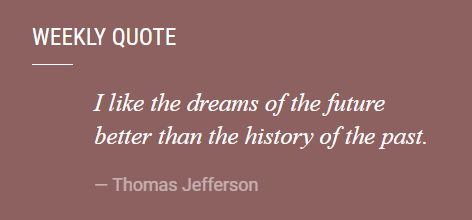Knowing exactly what information to give away to your new or prospective communications agency can sometimes be tricky.
No, you don’t need to tell them what happened at the office Christmas party last year. BUT no, they’re not mind readers either. They don’t know what you want to get out of a campaign or your partnership unless you tell them – and that’s where the brief comes in.
Here’s a quick go-to guide on what exactly you need to divulge, without giving too much away, and without the agency having to develop telepathy!
Firstly, and most importantly, your brief should be a written one, and ideally electronic. This way there can be no dispute over what has been said in discussions or what has been agreed on.
If changes are made to this brief after meetings and discussions, it’s important to update the electronic copy, and redistribute it to make sure that both you and the agency are literally on the same page.
When writing your brief, break it down into three key sections:
- Background
- Aims and objectives
- Execution
An accurate brief means you will get the most out of working with a communications agency, so results can be delivered to you faster and more efficiently.
Background
- Fill your agency in on the kind of business you are, what’s important to you and the kind of image you want to present. You must never assume they already know this, or assume they have figured it out. By outlining the basic and most important points, you save them (and you) a lot of wasted time and yourself a lot of money.
- Tell them the problems or difficulties you already face in terms of communications so the agency can directly combat them in the future.
- Update them on what you are already doing, and why you think it may not be working for you; is it not reaching as many people as you thought? Are people not responding well to it?
Aims and objectives
- State where you want to be; whether it’s having a better image in the media or simply selling more of a product.
- How do you want to do this? Is it through increasing your following on social media, featuring more in local media, or setting your sights on national media?
- Describe who you aim to reach as a company or specifically, through your campaign.
Execution
- When do you want to meet your aims and objectives by? That means times and dates.
- What’s the budget you have to work with? Be as accurate as possible. You might want to see what the agency can do, but without an idea of the exact budget, you may end up with ideas you can’t afford – leaving you unsure if they can deliver on a tighter budget.
- How much time do you personally, or more broadly the company, have to give over to the campaign/project/venture? A good two-way relationship is often behind the best client-agency campaigns.
Finally, it’s important to inspire your communications agency to want to work with you. Have a vague idea of where you want to go and what you want to do, rather than letting them build up a list of questions for the next meeting.
Provide them with a little direction to run with and get them excited to work with you. As a result, they are much more likely to enjoy working with you and go the extra mile when it really counts.
Remember, you’re hiring a comms agency for a reason – they don’t expect you to know exactly what direction to move in, but they also don’t know your company inside out, so you’ll have to fill them in with the basics before you begin.
That way, you can both make the most out of the partnership and work together more efficiently.

